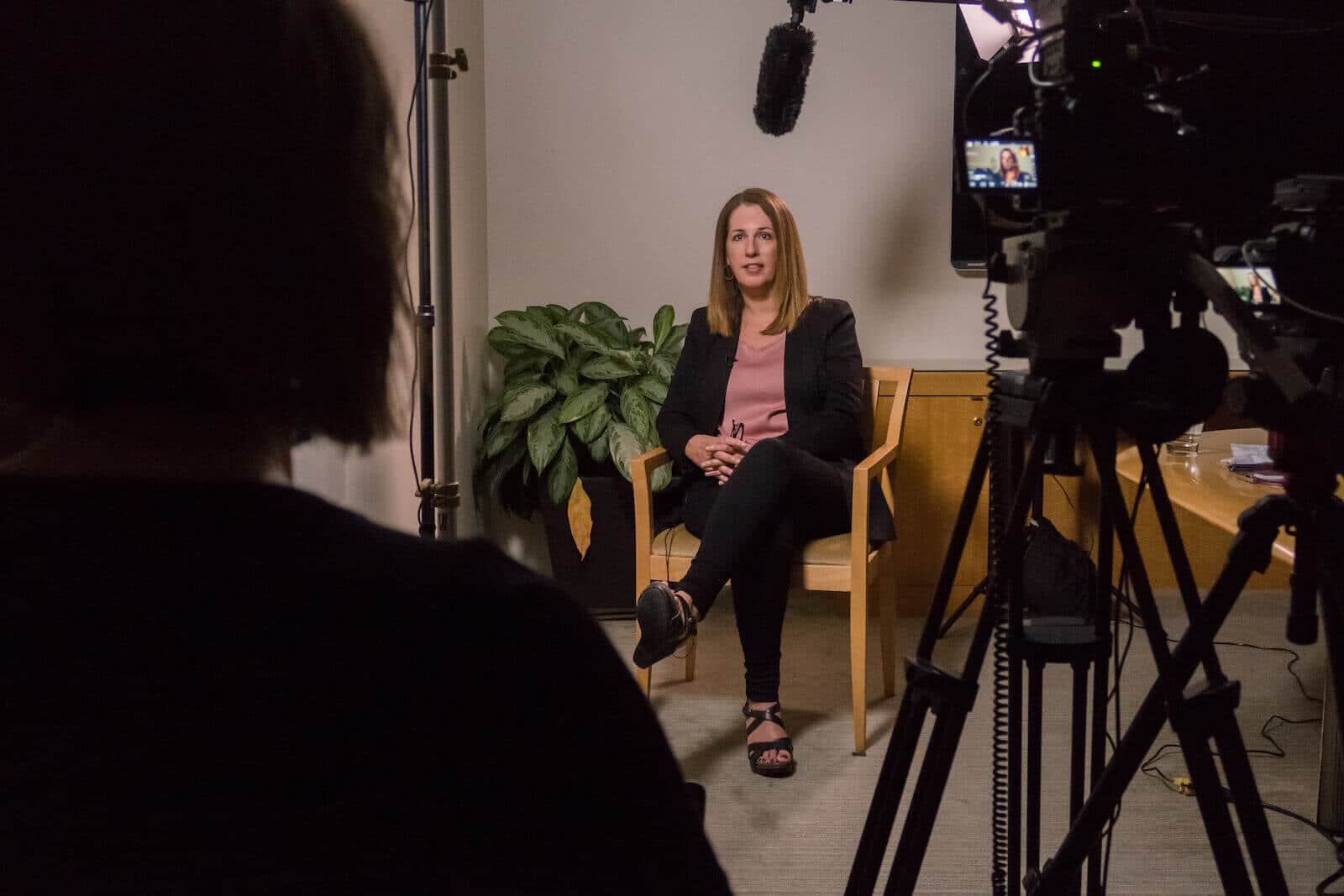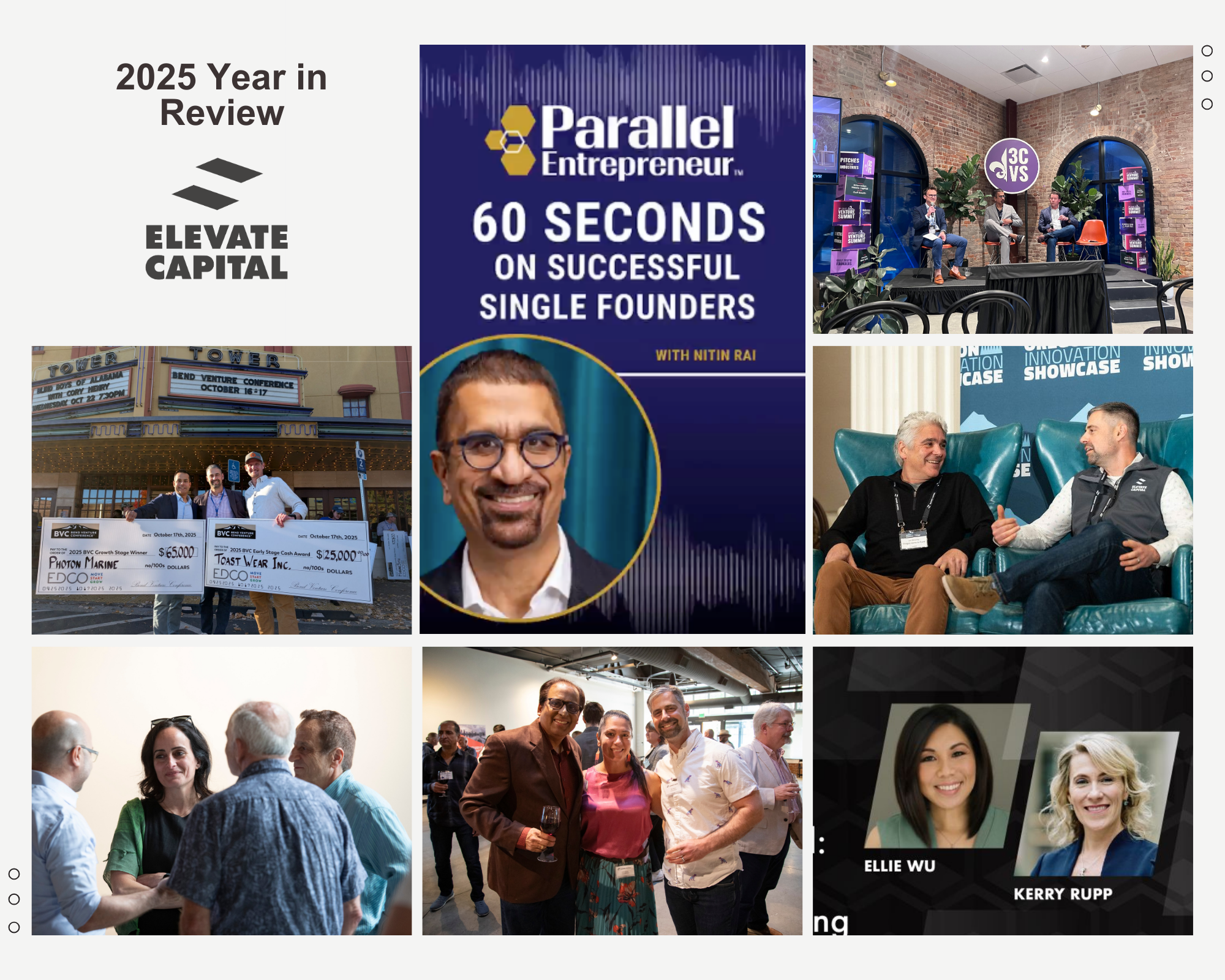How did PacLab Analytics get started?
PacLab Analytics is the creation of Ralph McCarthy. Ralph was an engineer at Intel Corporation testing microprocessor chips. When cannabis was legalized in Oregon in 2016, he thought it was a great opportunity to apply the technology and processes he learned at Intel to a new industry. He left Intel and started his dream.
What compelled you to get involved with PacLab Analytics?
I met Ralph about a year ago when he was getting ready to validate the business. Ralph asked me to come to the lab and run a financial model. So I did.
As we were putting the numbers together, we realized what a huge opportunity this was in the cannabis testing space. It’s a brand-new industry and there were very few players in it. As things came together, we started raising capital. We found out there was quite a bit of interest in this space. So it was just one foot in front of the other, one step at a time.
We’ve launched two labs—one in Hillsboro, Oregon and one in Oakland. Now we’re ready to go revenue-positive in California and then look to expand.
How did your childhood dream turn into this one?
I didn’t really have any dreams of what I wanted to be when I grew up. I grew up in a very small town in eastern Oregon. The only thing I remember is playing “office” a lot, having a desk and shuffling papers. Now I’m a CFO, and I sort of do the same thing but in a grown-up way.
I didn’t really have a concept of startup companies or wanting to be an entrepreneur. I always wanted to work with numbers and people, so PacLab Analytics was a good fit for me.
Tell us about PacLab Analytics.
PacLab Analytics is a cannabis testing laboratory. Cannabis is now legal recreationally in nine states and legal for medicinal purposes in 29 states. In the states where cannabis is legal, before consumers can consume it, it needs to be tested by a validated lab. PacLab fills that need in the market.
I think back to the Gold Rush. The folks who made all the money were the ones who sold the miners the picks and the shovels. Levi Strauss got its start selling jeans to the miners. PacLab Analytics is a necessary compliance piece for the cannabis industry. It’s not cannabis, it’s cannabis-adjacent.
During the early stages of PacLab Analytics, what was the impossible challenge?
One of the things I thought would be harder than it has proven to be is getting equipment financing for our operation. A cannabis testing lab is no trivial matter. It costs about a million dollars in equipment to set up. The instrumentation is specific and expensive.
Generally, startup companies are not able to qualify for financing because of the lack of revenue or lack of years in business. However, we have found that in our space, equipment financing has been fairly easy for us. The equipment itself has great value, so banks are eager to lend equipment that has a lot of collateral value.
The manufacturers of the testing equipment sell their equipment to labs of all sorts—blood testing labs, food labs, water labs—and they want to validate their equipment for the cannabis industry. They were excited to partner with us, because they knew we were familiar with the equipment, and that we would give them feedback on how their equipment performs in this new market.
Share an “aha” moment from your first year in business.
The biggest “aha” moment has been the difficulty in creating real estate spaces for our laboratories. We’ve encountered a lot of trouble getting permits and contractors there on time. It’s difficult to put the pieces together given the boom in the construction industry all across the country.
Any rituals that help you stay healthy and productive?
Working in a startup involves a lot of hours, and it can be stressful at times. I definitely try to get my sleep and exercise, get rest and get away from the office to turn it off. I feel that a rested person is a much more productive person, so I make that a priority.
What challenges do underserved entrepreneurs need to overcome?
The largest problem startups founded by women and underrepresented entrepreneurs face is access to capital. It’s been proven that women and people of color are just as successful—if not, more so—than the traditional startup founders who have had an easier time getting money to start their companies.
It’s in the news all over the place. It’s why Nitin launched Elevate.
Describe your venture capital experience with the Elevate team.
I have known Nitin for a number of years. I knew about the Elevate Fund and the Inclusive Fund, and I really loved what he was doing. When I met Ralph, one of the things that we talked about is fundraising, and I said: “I have to introduce you to Nitin, because I think this would be a perfect fit.”
I talked to a couple of Nitin’s investees—Ana Chaud from Garden Bar and Paula Hayes from Hue Noir—and asked about what the process was like and what Nitin was like to work with. And I got glowing reviews. I knew I would.
Nitin is very supportive of entrepreneurs. When he came out to do due diligence, he really got in deep himself. He didn’t send a team…he came himself. He toured our facilities and understood the opportunity very quickly.
It was very easy to communicate the plan and the vision to Nitin, and show him how it was all going to roll out. The write-up that he provided then helped us to secure additional financing. Once Nitin is on board, then a lot of other people become much more interested in you.
In what ways does Nitin Rai’s mentorship guide your success?
On the mentorship side, it’s been amazing. I would say the most important thing Nitin has provided is contacts and connections in the market. He has introduced us to potential customers, support people, and more investors. Nitin has put us in front of TiE Global.
Nitin has been there to support us in every way. When I call him, he answers. He has great advice. He’s unflappable. Startups have a lot of ups and downs. He’s always calm and collected, asks the hard questions, listens to your answers, and makes you walk a tough line sometimes too.
How has networking in Portland helped your business?
Networking in Portland has been very strong. I’ve been part of the angel community for five or six years now, and I find the environment here to be very supportive. There are lots of folks who are willing to introduce you to other people, set up coffees or lunches or other opportunities for meetings. Portland is a great place to start your business.
What advice would you give to an aspiring entrepreneur in an elevator?
Never quit. Startup life is hard. The ones who survive are the ones who get up every time they’re knocked down.



